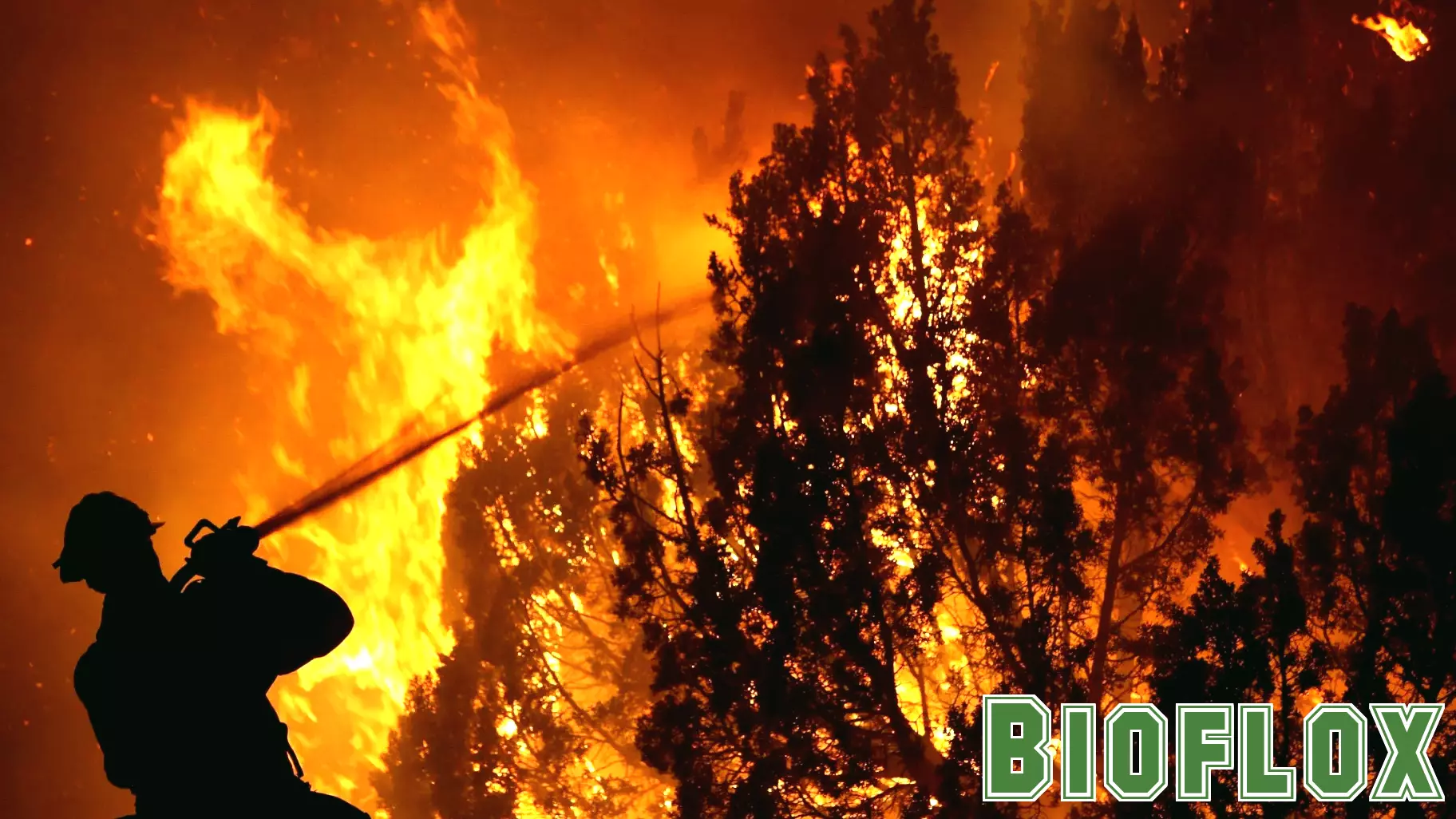January 12, 2025 - 02:33

Wildfires are devastating the city of Los Angeles, posing significant health risks to residents both near and far from the flames. The smoke produced by these fires contains a mixture of harmful pollutants, including particulate matter, carbon monoxide, and volatile organic compounds. These substances can lead to serious respiratory issues, exacerbating conditions such as asthma and chronic obstructive pulmonary disease (COPD).
Individuals living in close proximity to wildfires are particularly vulnerable, as they may experience immediate health effects from smoke inhalation. Symptoms can range from coughing and throat irritation to more severe complications like reduced lung function. However, even those located miles away are not immune; smoke can travel long distances, affecting air quality and health far beyond the fire's immediate vicinity.
Moreover, the psychological toll of wildfires cannot be overlooked. The stress and anxiety associated with evacuation orders and property loss can lead to long-term mental health issues. As wildfires become more frequent and intense due to climate change, understanding their impact on public health is crucial for developing effective response strategies.



